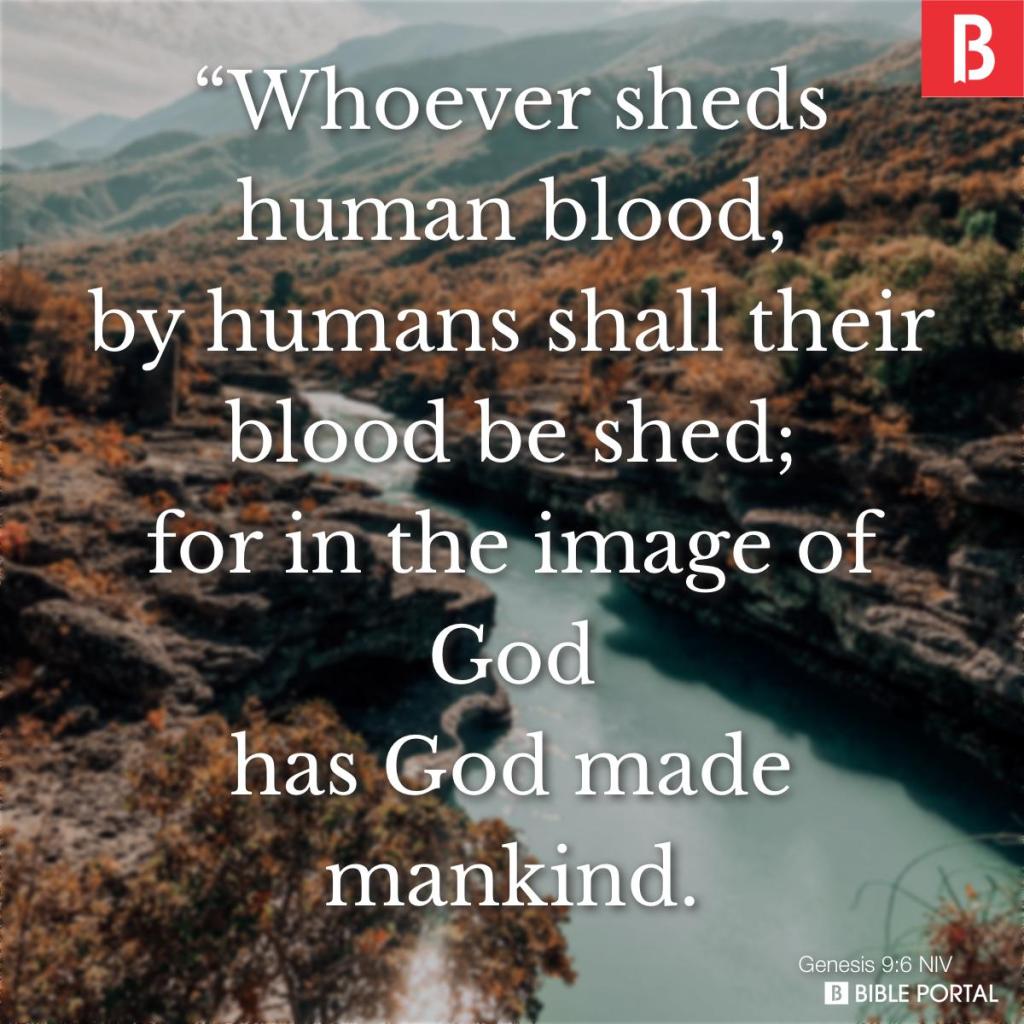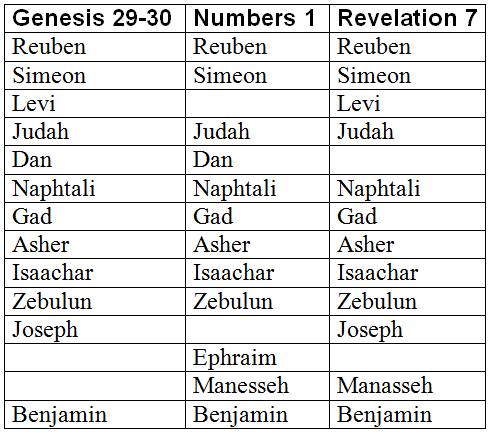The recent discovery of the Lost City of Succoth, mentioned in the Bible in Genesis 33:17, has captured the attention of archaeologists and historians around the world. This ancient city, believed to have been the first stop of the Israelites after they left Egypt, provides valuable insights into their journey and settlement in the Promised Land.
The excavation of Succoth has revealed a well-planned city with a complex infrastructure, including a network of roads, houses, and public buildings. The city’s strategic location at the crossroads of several trade routes suggests that it played a significant role in the economy of the region during biblical times. The discovery of pottery shards, coins, and other artifacts further supports the importance of Succoth as a thriving urban center.
The biblical account of Succoth in Genesis 33:17 describes it as a place where Jacob built a house and booths for his livestock. This discovery confirms the historical accuracy of the Bible and provides tangible evidence of the events and people mentioned in its pages. It also highlights the importance of archaeology in uncovering and preserving the past, allowing us to better understand and appreciate the ancient world.
The excavation of Succoth has raised new questions and sparked further research into the history of the Israelites and their journey to the Promised Land. Scholars are now studying the connection between Succoth and other biblical events and locations, shedding new light on the complex tapestry of ancient Israelite society. This discovery has the potential to deepen our understanding of biblical history and enrich our appreciation of the cultural and religious heritage of the ancient Near East.
In conclusion, the unearthing of the Lost City of Succoth is a significant archaeological find that sheds light on the history and culture of the ancient Israelites. This discovery not only confirms the biblical account of Succoth but also provides valuable insights into the daily life and activities of its inhabitants. As further research is conducted on this fascinating site, we can expect to learn even more about the people and events that shaped the history of the region. Exciting times lie ahead for archaeologists and historians as they continue to explore the mysteries of the Lost City of Succoth.






